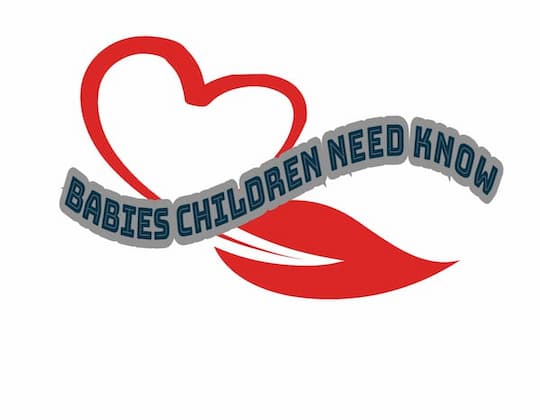When Can Babies See?
It’s easy to forget that babies and toddlers don’t know the world around them as well as adults do, so they rely on their senses to navigate their environment.
While they are still learning all of the information they need to fully perceive the world around them, there are some things your baby can see at what age (besides vague shapes and colors).
Read on to find out what your baby can see at what age and how you can use these capabilities in daily interactions with your little one.
What Does My Baby Look At?
Between three and four months, babies can follow a moving object. Shortly after that, they’ll be able to track an object as it moves from left to right (although it can take some time for them to realize you’re asking them something!).
At about six months, babies are beginning to recognize familiar faces and will start engaging with their own reflection. By eight months of age, most babies have strong control of overhead movements.
Many parents report seeing smiles in response to funny faces at around nine months. And by 12 months old, nearly all infants see clearly and don’t need corrective lenses or glasses.
- What does my baby look at when I point at things?
- How long does it take for my baby to respond to me?
- How do I know if my baby is paying attention?
These questions are top-of-mind for every parent, so we put together a list of your baby's development milestones:
- what she may be doing now;
- how old she is when she does it;
- how you can tell whether she’s developing normally;
- and tips on what you should do if your child isn't following normal development patterns.
Guest post provided by Dr. Jessica A.
Important Eye Milestones
From birth to 6 months old, your baby will be working on mastering his eyesight.
While he may not have full control over his eyes yet, it’s important to know that his vision is fully functional and he can see clearly. It is during these first few months of life that a baby develops coordination between her eyes.
At 1 month old, she can move both eyes together so she can focus better on objects near and far.
By 4-6 months she can track movement with both eyes simultaneously. Since babies learn best by looking at objects from multiple angles (from up close to far away), make sure you’re engaging with them while they are playing for them to develop their senses as much as possible.
How Does My Baby Learn?
What do you think happens when you introduce one object covered in bright colors right next to an object covered in muted shades?
Your baby will reach for something new every time!
This lets her distinguish what things are more easily—and makes way for learning more about new things later down the road!
When Can Babies See Distance Objects?
Have you ever wondered how far away objects are that your baby can see?
At what age do babies see at a distance of 20 feet and can they see at greater distances (e.g., 100+ feet)?
A baby's vision develops slowly, so it isn't until about 4 to 6 months of age that a baby develops a vision that is both accurate and detailed enough to differentiate objects beyond just 20 or 30 feet away. Until then, most babies can't focus on distant objects--for instance, an object more than 50 feet away might be blurry if it's outside their visual field.
Benefits of Looking at What Your Baby Looks At
By watching your baby’s behavior, you can gauge their well-being. For example, if your baby is smiling at you and appears to be calm, they likely feel comfortable in their environment.
But if they seem fussy or tired (or vice versa), something may not be right. This insight can help you take appropriate action to ensure your child’s health and safety.
When you understand your child’s developmental stages, you can offer them stimulation that matches what they need from one moment to another.
And babies are surprisingly perceptive – it only takes a few minutes for them to start recognizing familiar faces! Of course, some of these abilities will come naturally as your baby gets older – but observing when a skill first emerges will give you an idea of how long it might take before other skills develop.
Keep in mind that all babies develop differently, based on several factors such as genetics and nutrition. Talk with your pediatrician if you have concerns about developmentally delayed skills or issues relating to vision or hearing!


Comments
Post a Comment